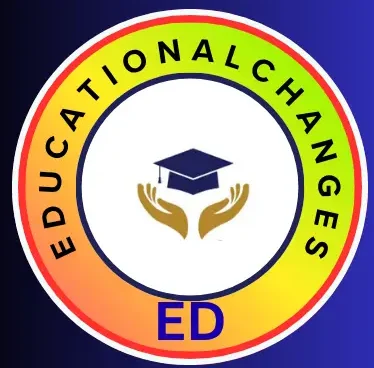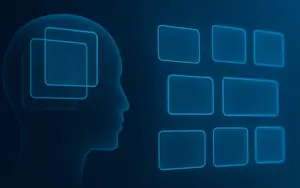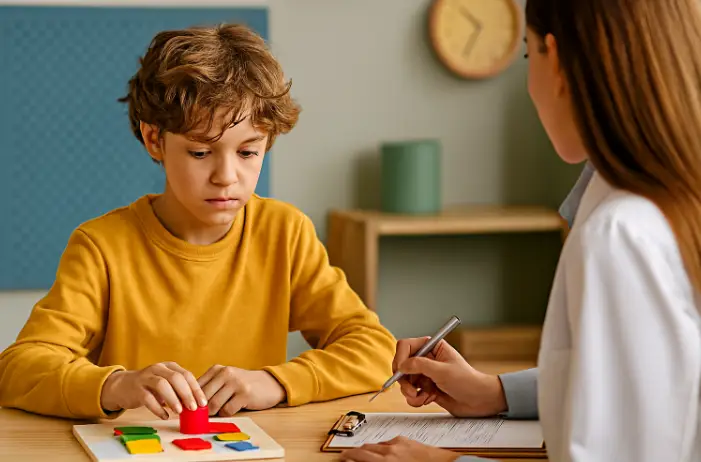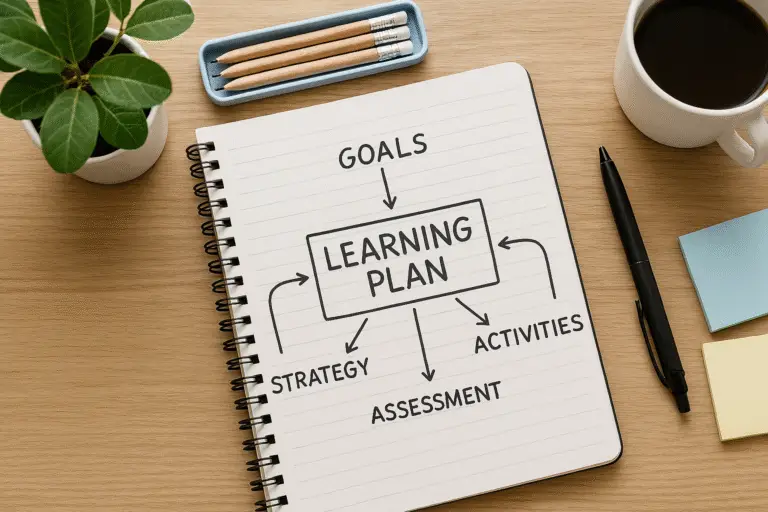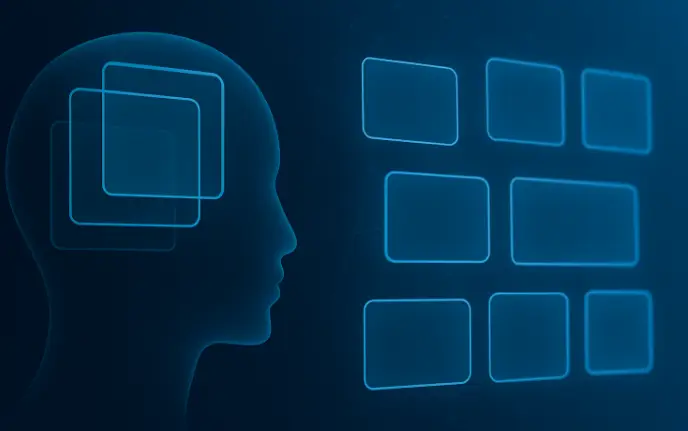
Introduction: Why Play Matters in Early Childhood
Early Childhood plays a vital role in the child development. Solitary and social play is commonly classified as just fun for children but there research studies show it has much more importance in early education. Everyone understands that with the help of play children investigate the surrounding reality, acquire crucial competencies, and become aware of their feelings.
Anything from encouraging the development of creativity to honing what kids may consider problem solving skills can be attributed to play even outside the playground. This natural activity contributes towards cognitive, emotional and social learning that takes place in young minds. Awareness of the meaning behind play will help educators and parents to encourage the child appropriately.
Play and Learning: What Holds Them Together

Children themselves learn through playing and play translates as a mode of making meaning in their environment. No matter if children play using blocks, pretending, or using puzzles, they have to solve problems to advance in play.
Studies reveal that play improves memory, literacy and numeracy the same way other areas in education are enhanced. Imaginative play entails children pretending to be other people and animals thus into the process they also learn to develop empathy. Therefore, play is not an anti-learning activity; it is learning taken to its simplest form.
Loose parts playground resources, structured water play and nature play.
It needs to be explained that different types of play are accessioned differently by a child’s developing organism. Organized games, for example, introduce kids to topics such as rules and cooperation. While structured play and limited play practice confines a child to a specific range of outcomes, unstructured or free play involves problem solving.
They argue that physical play improves body and motor competence and skills as well as health while dramatic play helps the child to practice social roles and feelings. Since play-based activities are distinct, the educator is able to cater for multiple development domains.
Social Skills Through Play
Early Childhood Education through play is a key effective strategy when it comes to modeling social interaction. So when children share toys, or when the baby interchanges toys with the older child, when they work together on a particular task, they develop some of the category of ‘people skills’. Play helps children develop communication skills, conflict-solving skills and friendship and other interpersonal skills. Such interactions build a foundation for the proper EI and cooperation which is crucial at every stage of life.
The emotion and self-management of the baby
Play is a way through which children is able to express how he or she feels with out being harmed. Through play children are able to lesson out their feelings and at the same time behaviors in order to avoid the real thing. Besides, skill games with rules assist them in understanding self control and patience. Such skills help them in order to cope up with stress and to overcome obstacles as they grow up.
Play and Language Development

Another major advantage is language learning and masterful skill to perform it. Playing with toys, drawing, painting, singing, and even telling stories develop new words as well as strengthens verbal skills. Children also learn listening and comprehension while at play. These experiences form a basis of literacy and communication skills in any young child.
Exploring Play as an Aspect of Mental Development
Play engulfs curiosity aspect and fosters problem solving aspect as well in a child’s personality. Constructions and strategy games as well as mosaics stimulate logical and spatial way of thinking. That is why many challenges become playful for children, and they find a way to solve them with the help of a growth mindset and concepts of great learning.
Creativity and Imagination In Early Childhood
This is because creative play enables a child to develop creative mind and set free to experiment with the available option. Puzzles, dairy making, dressing up, and storytelling facilitate out of the box thinking. It also is an innovation and versatility, which they add to their play and which is useful in the future.
What are the Features of Outdoor Play and How does it support Physical Development?
Especially, children undergo rigorous activities that are necessary for fitness during the outdoor activities. Sports such as running, climbing and jumping develop the gross motor area and body fitness.
It also increases physical experiences and kinesthesia and also creates touches the on and reenters them with nature. Such activities are very helping to eradicate the bad habits which are adopted by people from their young age and especially sitting habits which increases longevity.
Play and the Educator: Supporting Children’s Learning in Early Childhood

Teachers have a special responsibility of putting into practice role of play into learning activities. Therefore, by providing a right ration of direct and free activities, teachers can foster development.
It also fosters invention in children; safety and an exciting environment for the child to play in is highly encouraged. Teachers also need to understand the child’s unique characteristics to enable play to be purposeful and convenient for all.
Difficulties in Acting on Play in Early Childhood
However, in many educational contexts, play is underestimated and not divorced of benefits it has on learning. Standardization of education increases with the rate in which children spend little time playing due to emphasis on schooling and examinations.
Solving these problems is only possible where there are policies that accept the call for play. Buyers and providers must therefore join hands in order to continue to embrace play as one of key curriculum in early education.
Conclusion: Embracing the Power of Play
Play is not activity, but it is one of the critical aspects of early childhood education which determines the future of a child. Play enhances cognitive, social, emotional and physical development and development capable of addressing life’s challenges.
Realizing its potential and properly implementing it can make young learners’ experience both more marked and rounded. The world has got the message and I believe that the love for play is finally back as one of the great resources for growth and learning.
